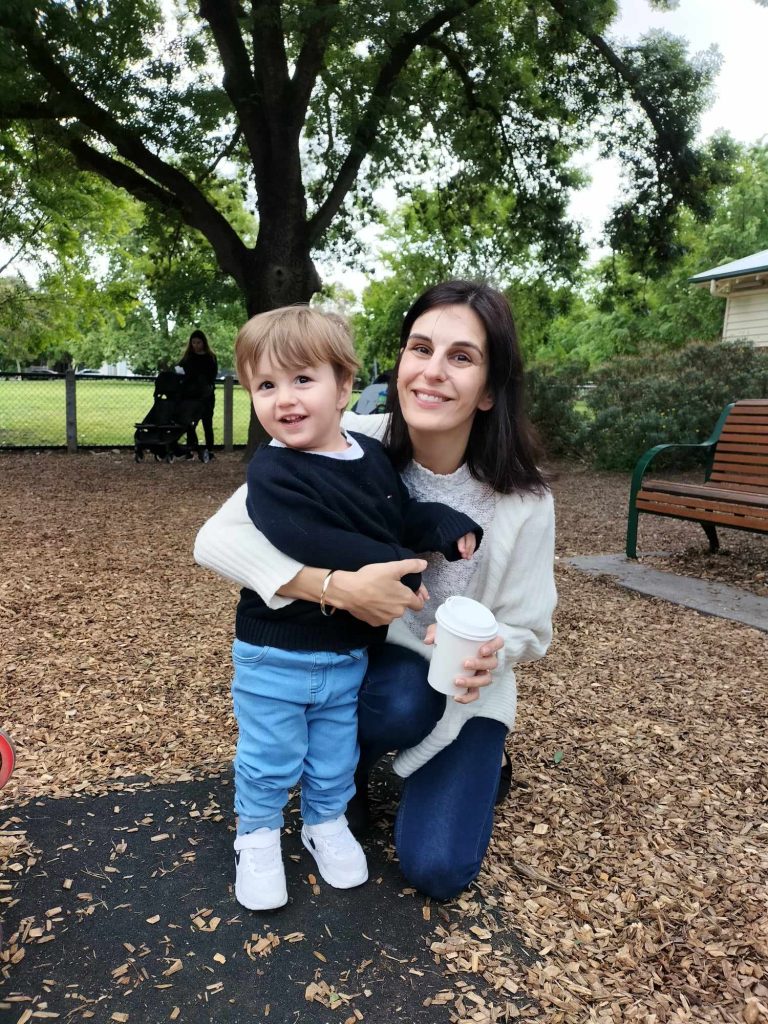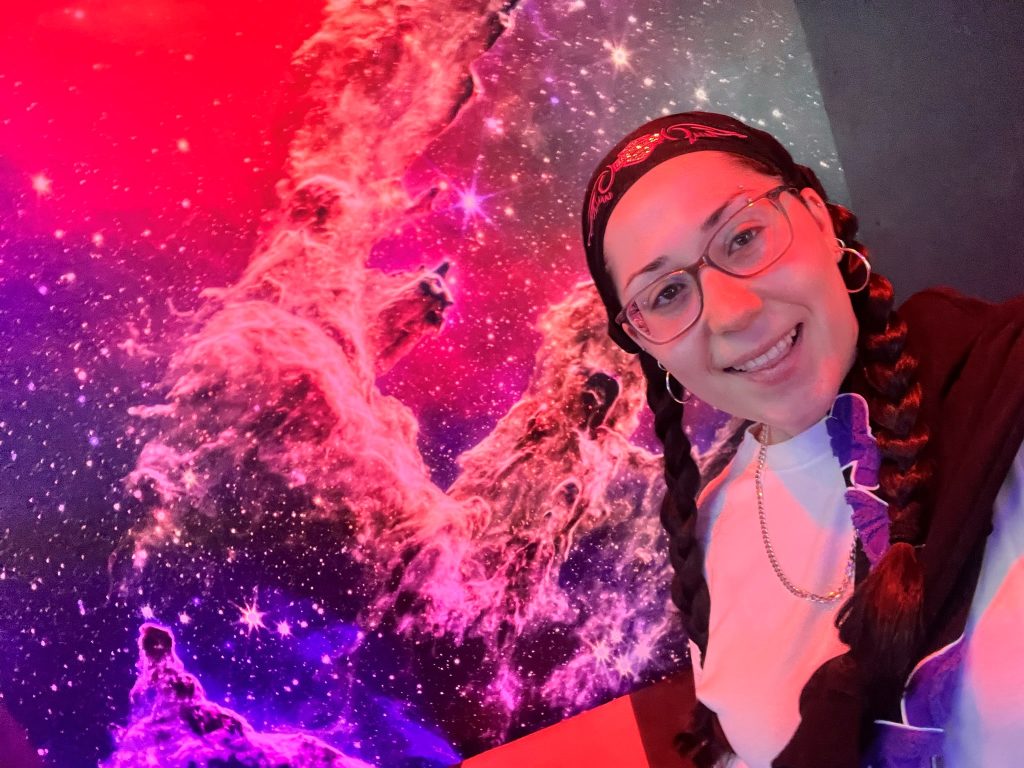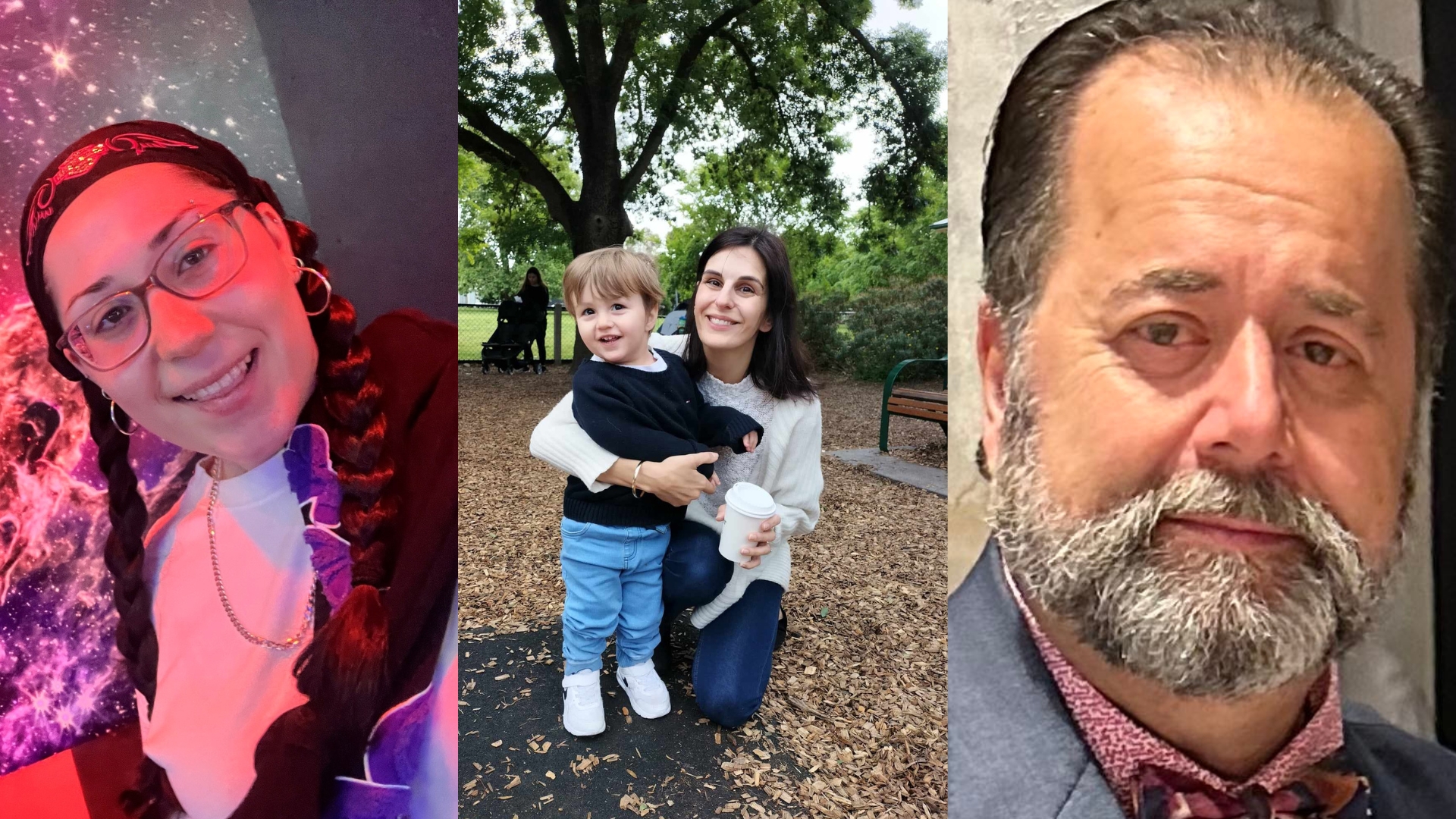For many people around the nation, Australia Day is considered a sensitive topic, and means many different things to people.
Celebrated on January 26 every year, it officially marks the anniversary of the arrival of the First Fleet in Australia, when the Europeans first settled.
In recent years, there have been renewed calls to ‘Change the Date.’ Some people argue that Australia Day should actually be referred to as ‘Invasion Day’ and instead of being celebrated, it should be commemorated as the day Aboriginal and Torres Strait Islander peoples lost sovereign rights to their land.
In contrast, others use Australia Day as a way to celebrate the country and everything it has provided to Australians and migrant communities who have made it their home.
Ahead of Australia Day this year, The Greek Herald decided to reach out to Greek Australians across Melbourne, Sydney and Canberra, to ask for their thoughts on the national public holiday and whether they celebrated.
‘Education is key’:

Paraskevi Stavrianakos, a primary school teacher from Melbourne, Victoria shared that although she would love to celebrate Australia Day as she is a proud Australian of Greek heritage, she does not want to celebrate something that “gives other people pain.”
“We are a divided nation in many respects and Australia Day as it stands, does not unite us. Did it ever? Honestly, I don’t know,” Mrs Stavrianakos told The Greek Herald.
“My grandparents talked about celebrating it in their first years in Australia without knowing much about the history of the day, but because they were happy and proud to be “new” Australians.
“Now, as Greeks, our culture is riddled with genocide and oppression and racism, but I would never discount what our Australian Indigenous people suffered and still do suffer.”
The Melbourne teacher said she honours ANZAC Day and Remembrance Day every year, “but those days I feel are quite [solemn].”
“I don’t want to host a BBQ. I wish they would change the date of Australia Day so that we can celebrate with pride because as Australians we have so much to be thankful for,” Mrs Stavrianakos said.
She said she was supportive of changing the date of Australia Day.
“I genuinely think this push is born from a place of compassion and a desire to acknowledge past wrongs,” she said.
“I do get a bit frustrated with our culture of cancelling something that we don’t agree with, but this is one of those instances that I agree with the push.
“A different date could give us all a day to celebrate unabashed. As a primary school teacher, I truly believe that education is key to a harmonious future in Australia.
“We should be leading by example to the younger generation, showing an openness to learn about the past and from the past, in order to have a better future. I am mother of a two-year-old boy, and I hope my son can one day be proud to celebrate Australia Day as well.”
‘A celebration of Australia as a rich multicultural country’:

Jim Tsolakis, who was born and bred at Aberdeen in Central New South Wales, said Australia Day was an important day for all Australians to celebrate the founding of the nation.
“I think too many people see it as a conflict between the First Nations people and the rest of us that came here since the First Fleet,” Mr Tsolakis told The Greek Herald.
“But the bottom line is, we’re a nation recognised on the world stage, and we’ve all lived together in harmony… it’s a celebration of who we are as a nation.”
Mr Tsolakis said he thinks more and more Greek Australians are celebrating Australia Day.
“Although there are forces at play within the [Greek] community that are trying to basically tell people, ‘we shouldn’t be celebrating Australia Day,’ it’s something that means something different to everybody,” he said.
“Many of those people think that we shouldn’t be celebrating Australia Day because of the impact it has on the First Nations people, but I don’t believe that, I believe that we are celebrating with the First Nations people.
“It’s a day of remembrance, where we remember Australia as a great nation, and celebrate how we’ve evolved over the years, and I feel that most Australians would agree with the statement.”
Mr Tsolakis said on Australia Day, he used to get together with his friends and family to enjoy a nice lunch and then go to the beach to celebrate.
“I think that Australia Day is a celebration of Australia as a nation and as a rich multicultural country,” he said.
“I suspect many people support the celebration of the formation of this great nation, it’s just [some people] who want to eliminate history and make people feel bad about doing things that are good.
“A lot of people who do celebrate it now are those who have made a new life in this country and those who have worked with and who have companions from different socio-economic backgrounds and different ethnic backgrounds.”
‘Not a time to celebrate’:

Maria Tsekas, a 24-year-old from Sydney, said for her, January 26 was not a time to celebrate.
“The Indigenous communities in Australia have expressed their grief for the date of Australia Day as historically, it is the day when their land was invaded, and their livelihoods were erased. Therefore, I believe January 26 should not be a time of celebration,” Maria told The Greek Herald.
“As a Greek Australian, I pride myself in upholding values and traditions from a multicultural lens.
“I am grateful that Greek people are able to practice and share their culture freely in this country. Thus, our respects should be extended to indigenous people mourning their diminishing culture on January 26.”
Maria said alternative dates for celebrating Australia could be an option in the future.
“Australia Day date alternatives could be a celebration on March 21 (currently Harmony Day) or in May when the multicultural policy commenced in 1973,” she said.
